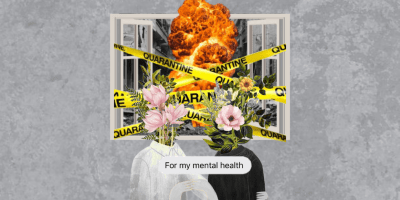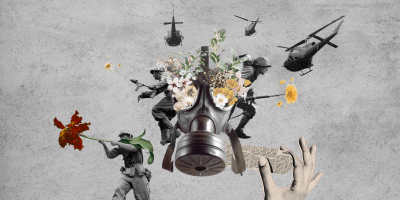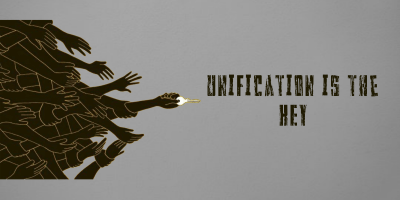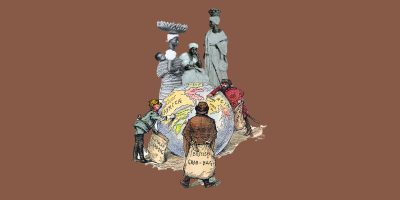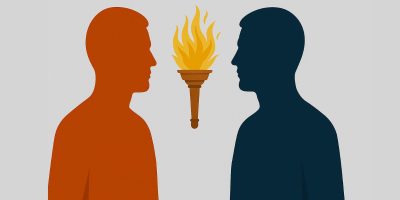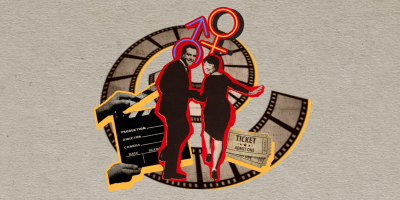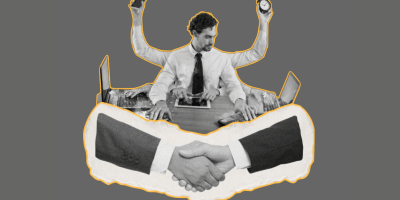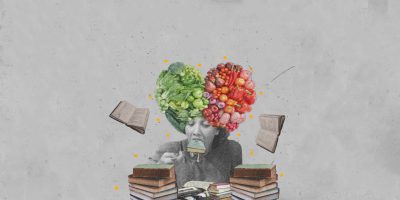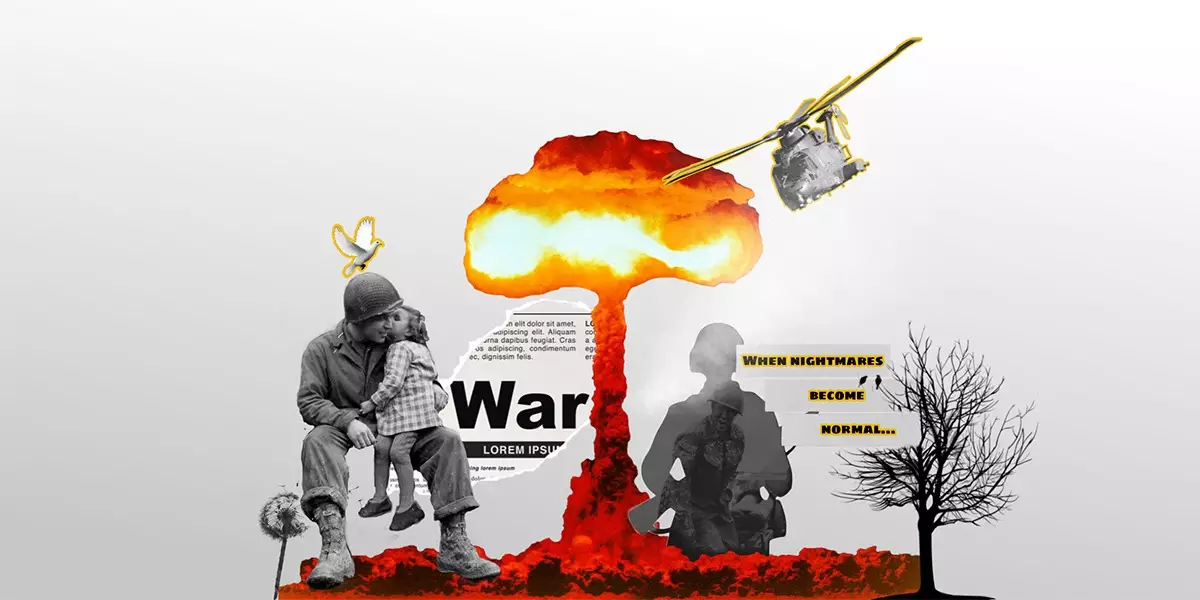
After the 44-Day War, it is fundamental to raise awareness and help soldiers who participated in the military actions to deal with the mental traumas. Participation in military conflicts influences soldiers’ mental health even though soldiers often don’t realize the scale of the problem.
Artur Harutyunyan, an engineering freshman, fought in Jabrail and Hadrut. Artur and five of his friends hid in the already occupied territories for 70 days. However, as Artur states, the war has not changed him as a person, though he claims that he learned from this experience. The war made him appreciate the moment and live it to the fullest. “Before the war, I used to think about my future plans a lot,” he says. “Now, I try to live in the moment.”
Artur explains that it seemed like the war was happening in a completely different place, apart from the world. Thanks to his friends, he never felt alone. Artur approached psychologists twice. He shares that he did not benefit from the sessions, probably because he was freely sharing his emotions with his friends, which is his type of self-therapy. He claims he does not have any critical post-war traumas except nightmares, which he thinks “is normal.” However, Artur believes that the state should make psychological assistance mandatory for the soldiers who participated in the military actions.
Looking after one’s mental health is significant for Gor Ghazaryan, an EC freshman. Gor was serving for one year and three months when the war started. He notices a big difference in his mental state during and after the war. “The first two hours of the war are the scariest and most shocking,” shares Gor. “Then you get used to the sounds of military equipment and start to deal with your responsibilities.” He mentions that he also felt responsible for his friends, as his job was essential for the ones who were protecting the frontline. Gor highlights that during those critical days of the war, the feeling of unitedness and fulfillment had an important impact on his mental state. However, the political situation made him fall into the trap of uncertainty.
Things became more complicated when he injured his leg on October 13. He was first moved to a hospital in Stepanakert, where he stayed only one day. Then, Gor was moved to Erebuni Medical Center in Yerevan and received treatment for 98 days. “It was hard to watch people suffer from physical pain,” shares Gor. “I had an emotional breakdown which was greater than any other physical pain for me.”
After experiencing such an “emotional rollercoaster” and getting infected with COVID-19, Gor managed to bring himself to a stable emotional state. In that stage, Gor regained his strengths, both mentally and physically. However, “during the third month of my treatment in the hospital, I had a severe depression again,” Gor shares. This unstable mental state made him approach psychologists. The first psychologist offered online services which were not convenient for him. Another specialist helped Gor deal with post-traumatic stress disorder (PTSD) through several offline therapies. Gor is sure that his therapist will be there for him anytime he needs his assistance.
One of the counselors at the AUA, Ruth Kupeian, says that the soldiers can have not just PTSD but also depression, anxiety and concerns regarding the meaning of their life and future. Kupeian thinks that the outcomes of the recent war in 2020 were “demoralizing and brought more hopelessness and despair” to the mentality of the soldiers and the nation, in general. However, the stereotypes and prejudice in Armenian society prevent people from coming into therapy.
Kupeian notes that the mental health stigma highly affects males specifically. She adds that only one or two soldiers approached her after the war to receive mental health support. She also notes that usually, they attend only one session and do not show consistency when it comes to mental health support. The problems regarding mental health are not taken into consideration as serious issues. Many Armenians do not trust the benefits of counseling services while thinking that they can overcome stress, anxiety and depression on their own. However, the issue can be resolved by raising awareness and stressing the importance of mental health education.
The devastating consequences of the 44-Day War in Artsakh affected thousands of soldiers’ mental health. It is essential to raise awareness and come up with solutions for ones’ who sacrificed their mental health for our safety.

